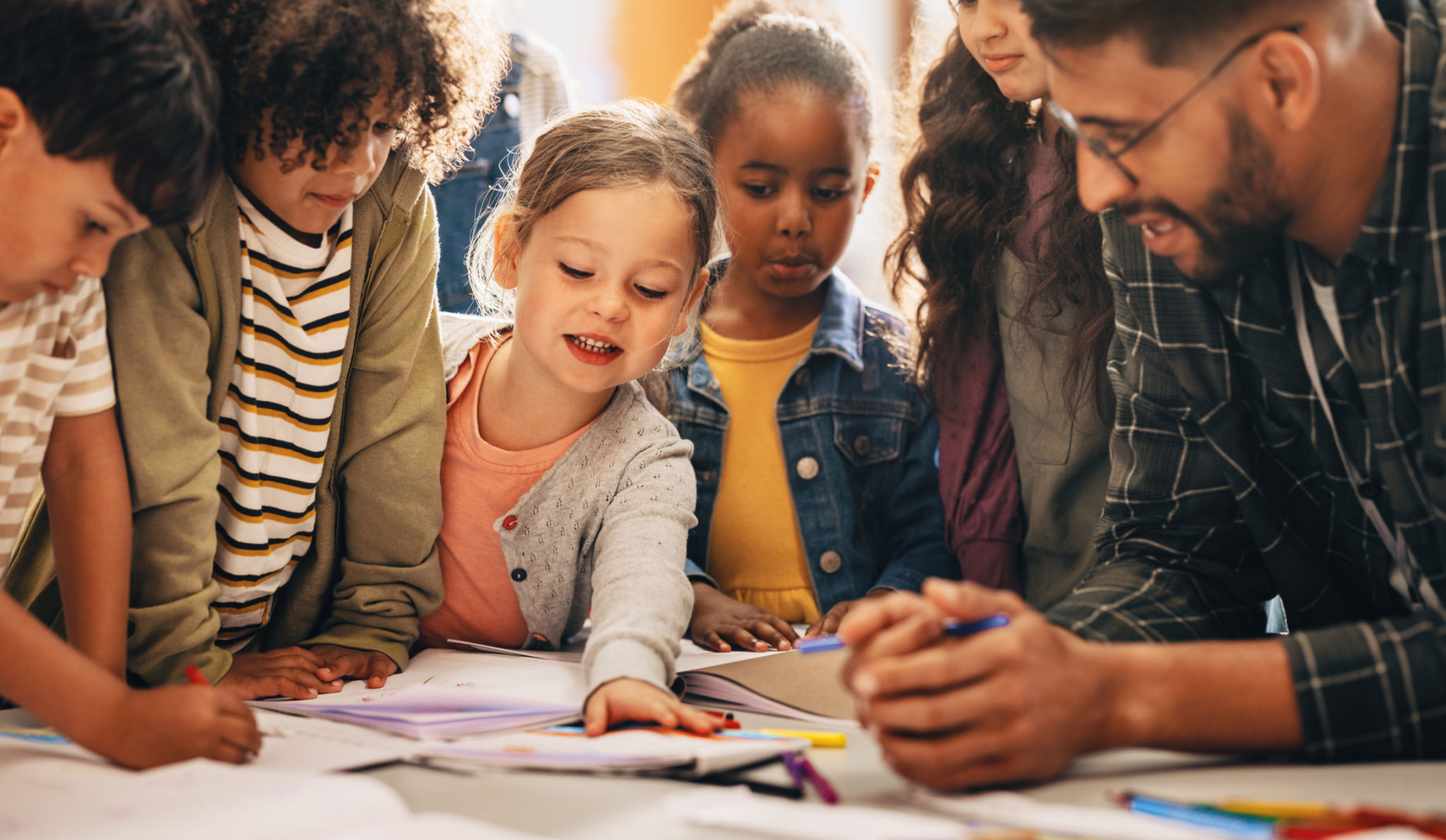Current Trends in Emotional Education: What You Need to Know
Understanding Emotional Education
In recent years, the significance of emotional education has grown exponentially, with educators and parents recognizing its role in nurturing well-rounded individuals. Emotional education, often referred to as social-emotional learning (SEL), focuses on developing skills such as empathy, self-awareness, and emotional regulation. These competencies are not only crucial for personal development but also for success in academic and professional settings.
With an increasing emphasis on mental health and wellbeing, schools are integrating emotional education into their curricula. This shift reflects a broader understanding that academic success is intertwined with emotional intelligence. As a result, various trends in emotional education have emerged, each contributing uniquely to student development.

Integration of Technology
Technology is playing a pivotal role in the evolution of emotional education. Digital platforms and apps designed to enhance SEL skills are becoming more prevalent in classrooms. These tools offer interactive scenarios that help students practice empathy, decision-making, and stress management in a safe environment.
Moreover, virtual reality (VR) is being utilized to create immersive experiences that allow students to explore different perspectives and emotions. This innovative approach helps students develop a deeper understanding of themselves and others, fostering a more inclusive and empathetic classroom culture.
Focus on Mindfulness
Mindfulness practices are increasingly being incorporated into emotional education programs. Schools are introducing activities such as meditation, breathing exercises, and journaling to help students cultivate self-awareness and focus. These practices are designed to reduce stress and anxiety, promoting a calm and conducive learning environment.

The benefits of mindfulness extend beyond the classroom, equipping students with techniques to manage their emotions effectively in various situations. By learning to be present and attentive, students can enhance their concentration and resilience, both crucial for academic achievement.
Cultural Sensitivity and Inclusivity
As our societies become more diverse, there's a growing emphasis on cultural sensitivity within emotional education. Programs are being tailored to address the unique needs of diverse student populations, ensuring that all voices are heard and respected. This inclusivity fosters a sense of belonging and acceptance among students.
Educational materials and activities now often include diverse cultural perspectives to help students appreciate different backgrounds and experiences. By promoting inclusivity, emotional education encourages students to build stronger relationships and develop a global mindset.

Parental Involvement
Another significant trend is the increased involvement of parents in emotional education. Schools are engaging families through workshops and resources that highlight the importance of SEL at home. This collaboration ensures that the skills learned at school are reinforced outside the classroom, leading to more consistent emotional development.
Parents are encouraged to model positive emotional behaviors and engage in open discussions about emotions with their children. By creating a supportive environment at home, parents can contribute significantly to their child's emotional growth and resilience.
The Future of Emotional Education
As emotional education continues to evolve, it holds promising potential for shaping future generations. The integration of technology, mindfulness practices, cultural sensitivity, and parental involvement represent just a few facets of this dynamic field. As these trends continue to develop, they will undoubtedly play a crucial role in preparing students for the complexities of modern life.
The focus on holistic education underscores the belief that nurturing emotional intelligence is as important as academic proficiency. By investing in emotional education today, we equip young individuals with the tools they need to thrive both personally and professionally in an ever-changing world.